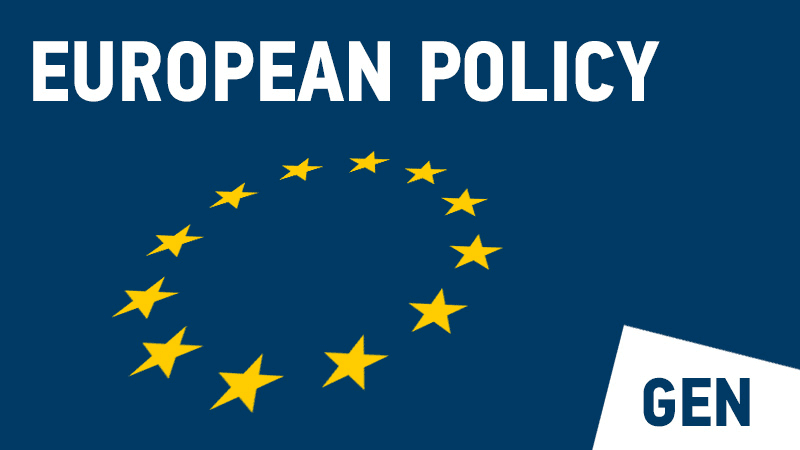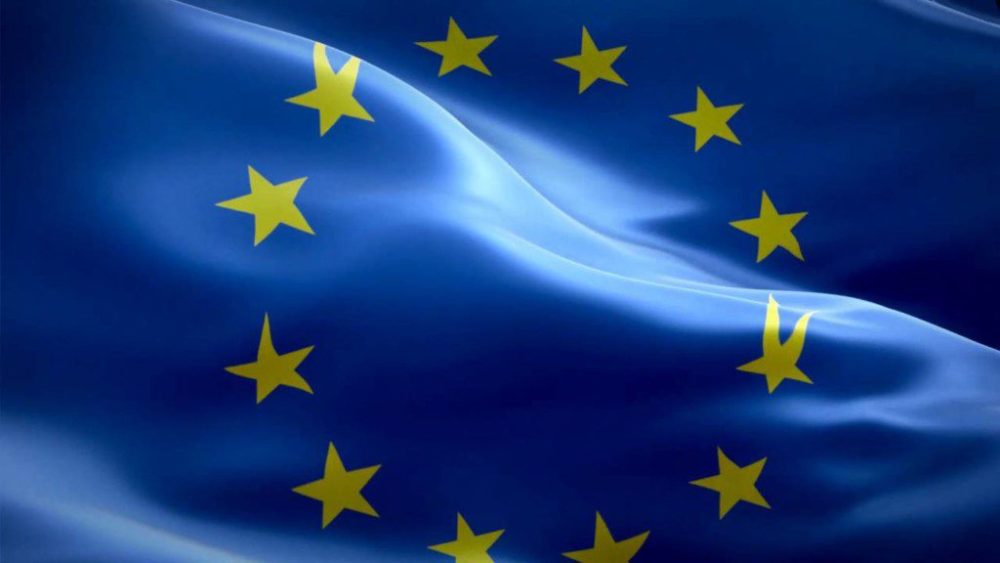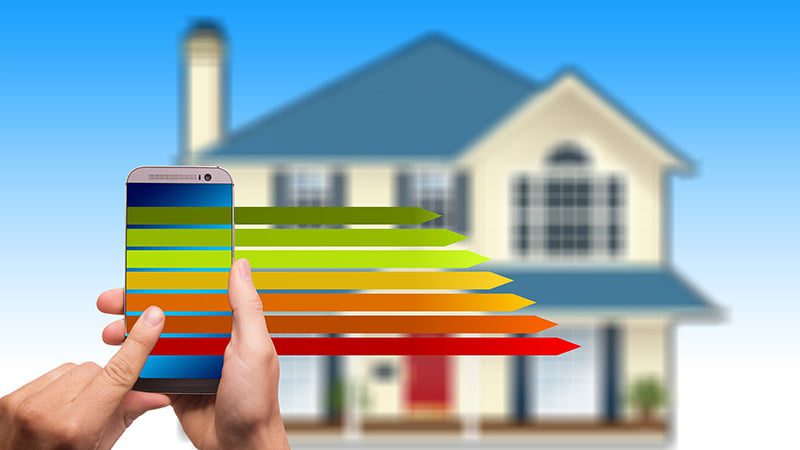GEN – 1446.00. On 28 November 2022, the European Parliament’s Committee on Industry, Research and Energy (ITRE) considered the draft opinion of Ms Spyraki (Greece, EPP) on the Ecodesign for Sustainable Products Regulation (ESPR) proposal.
Background
The European Commission’s ESPR proposal was submitted on 30 March 2022 to the Council and Parliament for co-decision. The ITRE Committee in the Parliament is one of the opinion-giving committees. When this committee met on 28 November 2022, the rapporteur and shadow rapporteurs presented the broad lines of their positions, on behalf of the major political groups they represent. The European Commission also expressed its views.
Comments from Maria Spyraki (EPP)
Ms Maria Spyraki (EPP, Greece) is the rapporteur for opinion. Her draft opinion was published on 9 November 2022. Ms Spyraki presented the broad lines of her draft opinion. For a summary, please refer to GEN – 1442. She further outlined the legislative process and key milestones on the way to adoption.
Comments from Carlos Zorrinho on behalf of Erik Bergkvist (S&D)
Mr Bergkvist (S&D, Sweden) is shadow rapporteur on behalf of S&D. In his absence, Mr Zorrinho (S&D, Portugal) summarised the main lines of the S&D political group:
- The possibility to set horizontal requirements
- Different sustainability aspects can affect each other (e.g. durability may trade off against repairability).
- The importance of market surveillance.
- Social aspects and due diligence requirements are missing from the proposal.
- Product information transparency, not just for professional repairers but also self-repairers.
Comments from Ivars Ijabs (Renew)
Mr Ijabs (Renew, Latvia) is the shadow rapporteur on behalf of Renew. He outlined the following:
- New requirements should be cost-efficient, avoid burden for economic actors.
- The proposal should not negatively impact on competitiveness, especially for SMEs.
- Proposal must be harmonised with existing regulations.
- Digital Product Passport (DPP) registration should be decentralized.
- Manufacturers should keep ownership over their data, and confidential and business sensitive information should be protected.
- Sufficient transition periods are needed to give actors reasonable time to make changes.
Comments from Ville Niinistö on behalf of Jakop Dalunde (Greens/EFA)
Mr Dalunde (Greens/EFA, Sweden) is shadow rapporteur on behalf of the Greens. In his absence, Mr Niinistö (Greens/EFA, Finland) summarised the main points of his political group:
- The proposal was long past due, needed to fit economy within planetary boundaries
- Social aspects are missing from the proposal
- Labels should make it easy for consumers to make sustainable choices, they should not have to read pages upon pages of technical detail.
Comments from Grzegorz Tobiszowski (ECR)
Mr Tobiszowski (ECR, Poland) is shadow rapporteur on behalf of ECR. He made the following points:
- The initiative has good intentions, to limit the environmental impact of products
- But in the short-term it could represent a burden and limit the ability of European businesses to compete internationally
- Member States cannot be left on their own, they will need European support.
- It needs to be decided carefully what information needs to be in the DPP.
- Manufacturers need appropriate transition times to adapt to new requirements.
- The delegation of power to the Commission should be examined.
Comments from Mr Matjaz Malgaj (European Commission)
Mr Malgaj is Head of Unit, Sustainable Products in DG ENV.B4, and Coordinator of the DG ENV, DG GROW, and DG ENER Task Force working on the ESPR. He summarised the main lines of the Commission:
- The proposal has environmental aims, but also well-being of consumers and competitiveness of European businesses.
- It is based on the success of the current Ecodesign framework as evidenced by the Ecodesign Impact Accounting. By expanding the scope, the EU can build on those savings and provide additional benefits for consumers.
- Competitiveness is extremely important for the Commission; the proposal contains specific obligations of support to SMEs.
- The Commission got positive feedback from industrial actors who feel they can meet requirements and consider the benefits from the application of these rules to any imports.
- The proposal aims to use the power of 500M consumers to bring about changes internationally and a positive impact on competitiveness.
- It is a legitimate point to leave sufficient transition times, but these should be set in the delegated acts based on a dedicated impact assessment which will be done for each delegated act.
The Commission would avoid introducing notions like renewability in the framework text – any environmental improvements from renewable materials will be captured by the robust lifecycle assessment.







